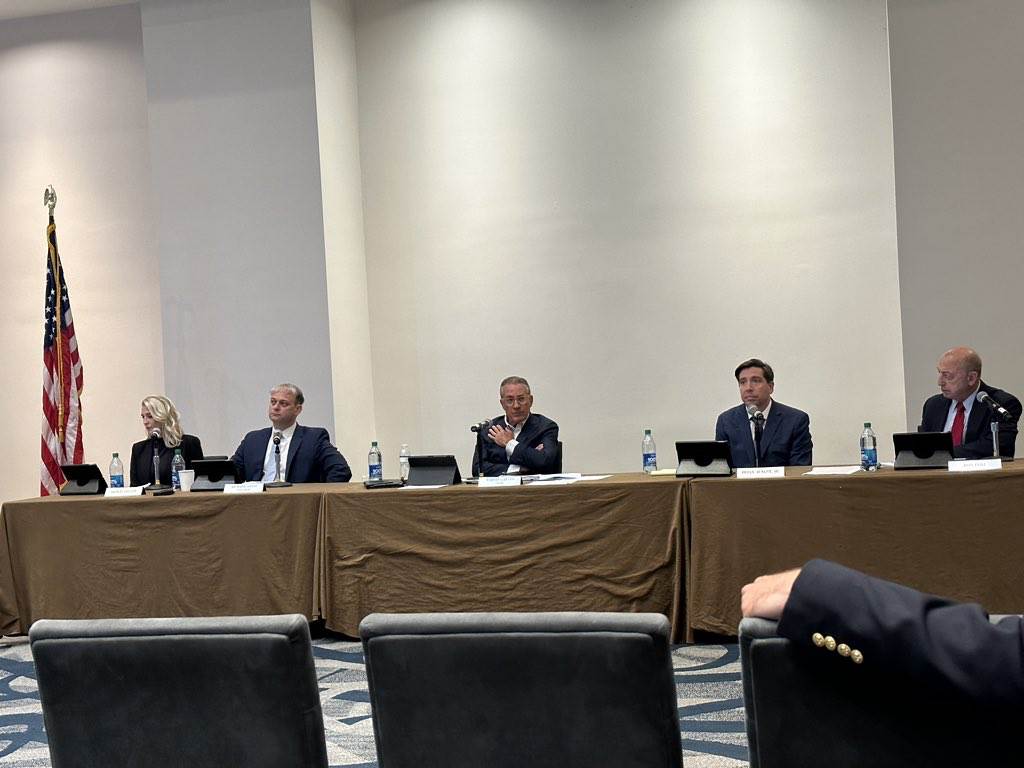Disney’s Deal with Former Reedy Creek Board “Violated State Law” According to Lawyers for New Board
At a meeting of the Central Florida Tourism Oversight District earlier today, attorneys for the board stated that Disney’s agreement with the former board of the Reedy Creek Improvement District “violated state law."
What’s Happening:
- According to the Orlando Sentinel, lawyers for Florida Gov. Ron DeSantis’ tourism oversight board said that the agreement Disney made with the outgoing Reedy Creek Improvement District Board, before it was replaced with the Central Florida Tourism Oversight District, didn’t follow requirements in state law, rendering them null and void.
- The main reason given was because the previous board failed to properly notify affected property owners by mail of the development agreement, as Florida statutes dictate.
- “The bottom line is that Disney engaged in a caper worthy of Scrooge McDuck to try to evade Florida law," said David H. Thompson, a lawyer with the Cooper & Kirk law firm.
- Disney previously stated that the agreements were approved in open and public meetings in accordance with Florida law.
- The counsel also showed emails they have unearthed since being brought onboard, highlighting the role that a Disney lawyer had in the legal affairs of the Reedy Creek District.
- Following legal presentations, the board asked staff for a resolution to void the agreement that will be considered during their next meeting on Wednesday, April 26th.
- Flexing their control, the new board members fired Reedy Creek’s previous planning and zoning board, appointing themselves into that role.
- They approved a resolution declaring themselves the “superior authority" over development matters, including within the borders of the Disney-controlled cities of Bay Lake and Lake Buena Vista.
- The district will consider raising property taxes on Disney and other district landowners, in order to pay for expenses related to undoing Disney’s agreement with the Reedy Creek board.
- Board Chairman Martin Garcia outlined his vision for the district, wanting to focus on affordable workforce housing, voting rights for future residents, improving transportation, reducing the district’s carbon footprint and evaluating how to monetize some of the district’s assets.



